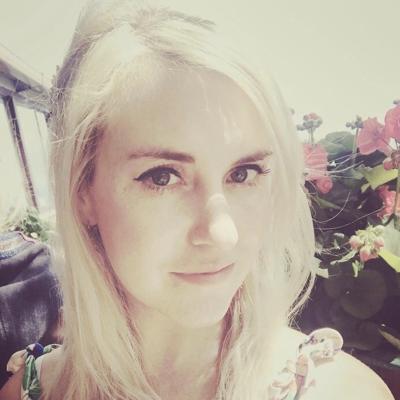13 June 2020, Brandenburg, Petersdorf: A lightning bolt illuminates the evening sky above the ... [+]
2020 has been something of a cosmic kick in the teeth. Just as we emerge from one disruptive event, another rises to fill its place. This constant state of flux and uncertainty can make sustaining good health habits difficult. Many of my clients and friends have spoken of the poor habits they have picked up during the COVID-19 crisis, such as disrupted sleep, increased alcohol use and a lack of exercise. Unfortunately, they are not alone. The Lancet reviewed 24 studies researching the psychological impact of quarantine and reported a range of negative psychological effects. Yet, the upside to these sobering facts is that the disruption stemming from COVID-19 and the other monumental movements currently taking place have us well-placed to take back control over our health. While it is never too late to start a new habit, there are times that will make new habits more likely to stick than others—and disruptive times are one such period.
Disruptive times are a fresh start
You may have heard of something researchers have identified as the “fresh start effect.” This effect essentially states that certain milestones which mark the passage of time—a new year, a birthday, a new job, or even the beginning of a new week—give us the idea that we can start again. It’s a clean slate. And these prominent time-based milestones are correlated with an increase in aspirational behaviour because they give us a way to forgive ourselves for past bad behaviors and break our focus on the activities and minutia of the day-to-day. This action allows us to pause and take a moment for larger reflection, which usually uncovers some goals that have been lurking beneath the surface.
A disruptive time can also act as one of these temporal milestones, as it puts an end to one series of events or habits and kicks off another. Habits, after all, are largely contextual and based on our environment. First change the environment; then, breaking old habits and starting new ones becomes much easier.
Disruptive times increase resilience
When your back is against the wall, the well-known concept of “fight or flight” comes to mind. Yet the disruption and difficult situations the majority of us are exposed to are rarely (and thankfully) life or death. Rather, they are setbacks and exposure to risk or adversity—and these emotions and experiences are fundamental to the development of resilience. Disruptive times force us to become more resilient.
The term resilience is generally described as our ability to bounce back from setbacks. It also can make us less vulnerable to the negative effects of future causes of stress. Therefore, resilience can help us sustain better health habits because one of the largest blockers to healthy activities is choosing poor coping mechanisms. Eating a candy bar, staying on the couch in pajamas, or drinking a whole bottle of wine can be more attractive than going for a run when we are stressed, sad or anxious. With a little resilience, however, we are more likely to have the strength to choose the healthier option.
Disruptive times inspire self-reflection
Times of change—especially negative change—naturally serve as a catalyst for looking inward and discovering what is truly a priority and what is not. For example, perhaps it takes moving to a new country to realize you value in-person time with close friends and family more than you value career advancement. The type of self-reflection to grow from disruptive events and negative change requires honesty.
Honesty is how we squarely address the reasons—or in many cases, excuses—we find for putting off the adoption of better health habits. I’ll start tomorrow when I have more energy. Just one more cookie and then I’ll be sure to eat a salad for lunch tomorrow. Have often have you engaged in this type of reasoning, or made such tradeoffs with yourself to put off the start of a new health habit? Taking an honest look at what is behind our excuses can help us set smarter strategies for overcoming them. For example, if I’m not exercising because I simply don’t like to, then perhaps the solution is finding an activity that doesn’t feel like exercise but still gets me to move. The idea is to take a hard look at what’s preventing you from your goals, then find a specific solution for that barrier.
Embrace disruption and harness it for good
2020 is forcing us to change, whether we want to or not. But we can use this disruption as a chance to start fresh and develop better health habits.
